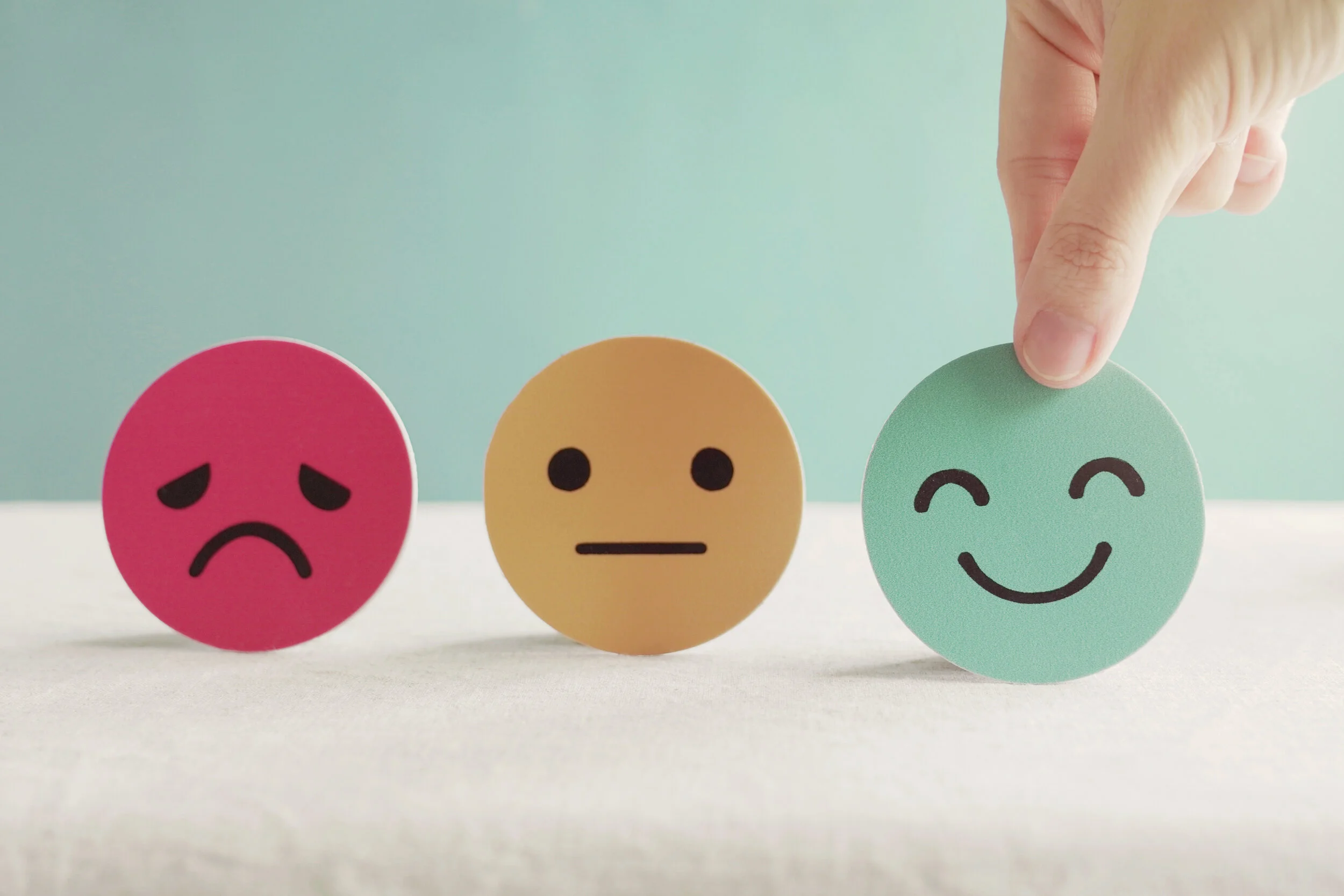The Do-It-Yourself movement has never been more popular in this age of boundless information. We even have a name for that ubiquitous fountain of DIY health knowledge – Dr Google. Yet we often use this term pejoratively, acknowledging that a doctor’s guidance cannot be replaced by punching a few symptoms into a search engine. Despite this though, many of us find ourselves in a place where we know what we ought to do, yet are unable to act.
Whilst we’ve become profoundly more mature about discussing mental health, this DIY trend in health has perhaps made knowing what to do about treating mental illness and maintaining good mental health sound pretty simplistic. We generally lump our options into 3 general categories; ‘clean’ living, talking about how we feel, and seeing a doctor should things get bad enough. Mental illnesses significantly reduce the wellbeing, productivity and happiness of 1 in 5 people at any given time, yet if it were as easy in practice as doing these 3 things it would stand to reason we should expect to be making a dent in the rates of poor mental health which remain persistently high.
So how do you know when you actually need help with your mental health? There are potentially 3 considerations to make when asking yourself “do I need to get some help?” Briefly stated, these are a consideration of the severity of symptoms, an appraisal of the current ability you have to cope with these symptoms amongst everyday tasks, as well as the length of time symptoms have persisted. Of all these considerations, though, the often most underrated is an appraisal of our ability to cope. It’s the thing we all reassure ourselves about with adages like “it’s not that bad” or “there are people worse off than me”.
So if you find yourself constantly in self-reassurance despite the fact you can acknowledge that you are missing out on more and more of life, withdrawing from situations you would normally relish, starting to perform at work and leisure in a way you’re not happy with, or have had people comment to the effect that they’ve noticed you don’t seem to be coping, then it’s ok to not ‘be ok’ and ask for help – no matter how many times we might find ourselves in similar situations. We don’t often equate getting help with exercise with getting help for mental health, but as we learn more and more about the links between our mind and our body we are beginning to appreciate the tremendous power of exercise as a therapeutic intervention for mental health. This isn’t a suggestion to just present to the gym. If you want actual medication advice you speak to a pharmacist or your GP. When it comes to making exercise work like medicine for mental health, your friendly neighbourhood Exercise Physiologist is standing by ready to help.

